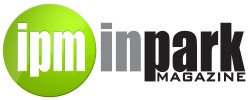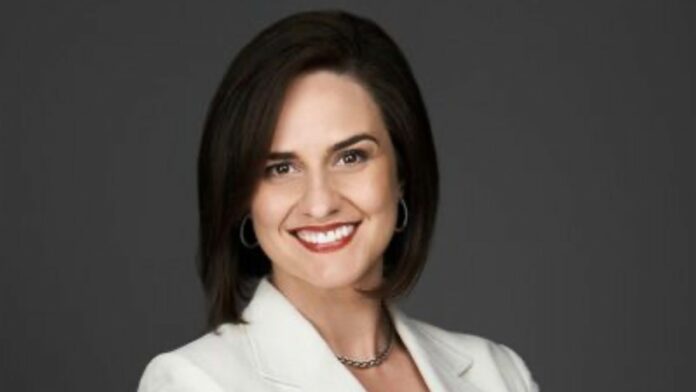Themed Entertainment Association’s new Executive Director
by Martin Palicki
The Themed Entertainment Association (TEA) welcomed Lindsey Nelson, CAE as the organization’s Executive Director in June of 2021. With a substantial background in association management and development, Nelson is well- positioned to build on the existing strengths of TEA, which was founded in 1991 and serves the industry with events for networking, professional development and education such as the SATE conferences; publications such as the TEA/AECOM Theme Index; and recognition such as the Thea Awards and TEA Masters. We asked her about her experience and plans for the future.
Tell us what led you to this role at TEA.
I am a career association executive with over 15 years of experience with associations. I started with an association management company in Glenview, Illinois, which was essentially a shared services model for small associations that want the benefit of having a full spectrum of management services. From there, I went to work for a company also in the Chicago area that specialized in association fundraising. There, I raised over $5 million for the National Automatic Merchandising Association in 18 months. When that campaign concluded, the CEO of NAMA came to me and asked me to work directly for them. During the pandemic they decided to move their headquarters to Virginia, but my family and I wanted to stay in Chicago. Shortly thereafter I learned about the opportunity with TEA.
Do you have some favorite attractions or museums?
My favorite theme park experience to date has been Millennium Falcon: Smugglers Run. I am a big Star Wars nerd and that was like a dream come true.
On the other end of the spectrum was the National World War II Museum in New Orleans. It was just incredible how they immerse you in the experience. You receive a badge of somebody who served in the war and follow their path through the museum and learn about the ways they were serving during the war. It’s a very personal connection to that experience.
Who inspires you professionally?
I have been so lucky to have had many mentors throughout my career. One that stands out is my grandmother. She was an executive director of a nonprofit in the small hometown where I grew up. So, from a young age I had a good female executive role model.
One of the things that excited me about working for TEA was seeing that intergenerational approach is also being applied in our industry, through the NextGen programs and the interaction between the TEA Masters and students. I know how valuable that is and that it really works.
How have you been getting up to speed with TEA?
It’s been a great start. I dove right in and have been getting out there to meet the members. I’ve done a lot of one-on-one calls and we also launched a global listening tour. The goal is really to get me and other TEA leadership from the executive committee out in the field (as much as COVID will allow) to meet and listen to members.
Are you finding that people are pretty optimistic right now?
I think the TEA membership is very optimistic on multiple fronts. I think they see a lot of potential for the future of the industry, both within the existing markets that we are in but also in new growth markets. I think there’s a broad agreement that there are a lot more companies and individuals that should be involved in TEA than there are today.
Tell me about your philosophy of remote working and the importance of office location.
I’m still trying to figure out exactly what that means for TEA, but if COVID taught us anything, it’s that we can accomplish a lot remotely and that we are pretty resilient.
I’m based in Chicago. We have the professional staff headquarters in Burbank. I have been up to Burbank a few times already, and plan to continue to go out there on a regular basis to get that face time, work from the office there and make sure I maintain that connection with the team.
I think that maybe more concerning than productivity is making sure that you’re drawing those boundaries so you’re not at the computer all day long. I want to make sure we promote healthy work-life balance.
What excites you about working with TEA?
When I first saw the job description I thought, “This sounds amazing, and what a cool mission.” As I dug in and learned more, I realized this association has so much potential.
The board is so aligned right now and passionate about the possibilities for the future. They are willing to accept that this is going to require change and we are all ready for it. The fact that they approach that with such openness and honesty was a good sign.
Can you tell me a little bit more about some of the short and long term challenges that you’re seeing for the association?
Short term, I think some of the things that TEA needs to focus on are processes and procedures as well as building a staff and technology infrastructure that will support future growth. There is no shortage of ideas in this industry and among the Board – but you need good bones to support that vision.
These are things I’ve done before and that I’m really comfortable with, but it takes time and that process is not the thing that everyone gets really excited about. So that requires a lot of managing expectations and finding a way to acknowledge each great idea and give some context about what might need to be in place before we could pursue that opportunity.
On the longer term, I think it’s really the Board working to refine the unique value proposition for TEA. We’ve got to make sure that TEA is a profitable entity and we need to make sure that we’re monetizing our value. I think right now there’s a lot that TEA does and puts out for a very big audience and probably isn’t seeing the return on that investment. So how do we do that in a way that doesn’t exclude people, but really allows us to reinvest so we can continue to produce more content, more experience, grow the staff, and support more committees and programs?
What is your approach for developing the team at TEA?
We are pretty lean and mean right now. There are three of us full-time staff. I think maintaining a strong daily connection with the team is really important, but I know that they are looking for clarity on their roles and responsibilities. By bringing in the outsource support, like we’ve been doing over the last 60 days, we’ve been able to peel back some of those extra roles and responsibilities that have been tacked on to the full-time staff. I am not opposed to leaning in to our industry expertise, hiring where it makes sense and outsourcing for the things that we don’t need to be the experts on. With our size and annual budget, we can’t take on every position that I or the Board might want to staff full-time in Burbank.
The other thing that has always been a passion of mine is to make sure we invest in professional development. That doesn’t need to mean spending a ton of money sending people to seminars all over the globe, but it means making sure they find a professional association that gives them a network to tap into, because that really has been instrumental in my career.
How do you approach an organization like TEA with strong regional Divisions?
I approach TEA’s regional Divisions as affiliates of the association. And the key to success with any affiliate, whether it’s global or domestic, is making sure you have a strong affiliate agreement in place. What that does essentially is clarify the roles and responsibilities for each party. What does TEA international provide for us? What do we provide for them? And then once good processes and procedures are in place it’s really all about communication.
Where would you like to see the organization in five years or 10 years from now?
It’s a bit early, but I do have at least a preliminary vision. As I think about the staff and TEA as an organization, I see us as thriving, fiscally healthy, and growing. I would love for us to be back up at our budget and membership count that we were in 2019 within three years. I think we can totally do that as long as the mechanisms are ready.
By 10 years I could see us doubling in size if we’re following a strategy that focuses on expanding our umbrella and bringing new industry partners into the realm.
Will you be at any upcoming industry events?
Yes. Naturally, plans are subject to change due to COVID restrictions, but I will be in Burbank regularly and also at some of our upcoming divisional events. I am planning on attending IAAPA Expo Europe in Barcelona, followed by SATE Europe. Naturally, I will be at IAAPA Expo in Orlando this November.
• • •
For more information on TEA, visit teaconnect.org.






